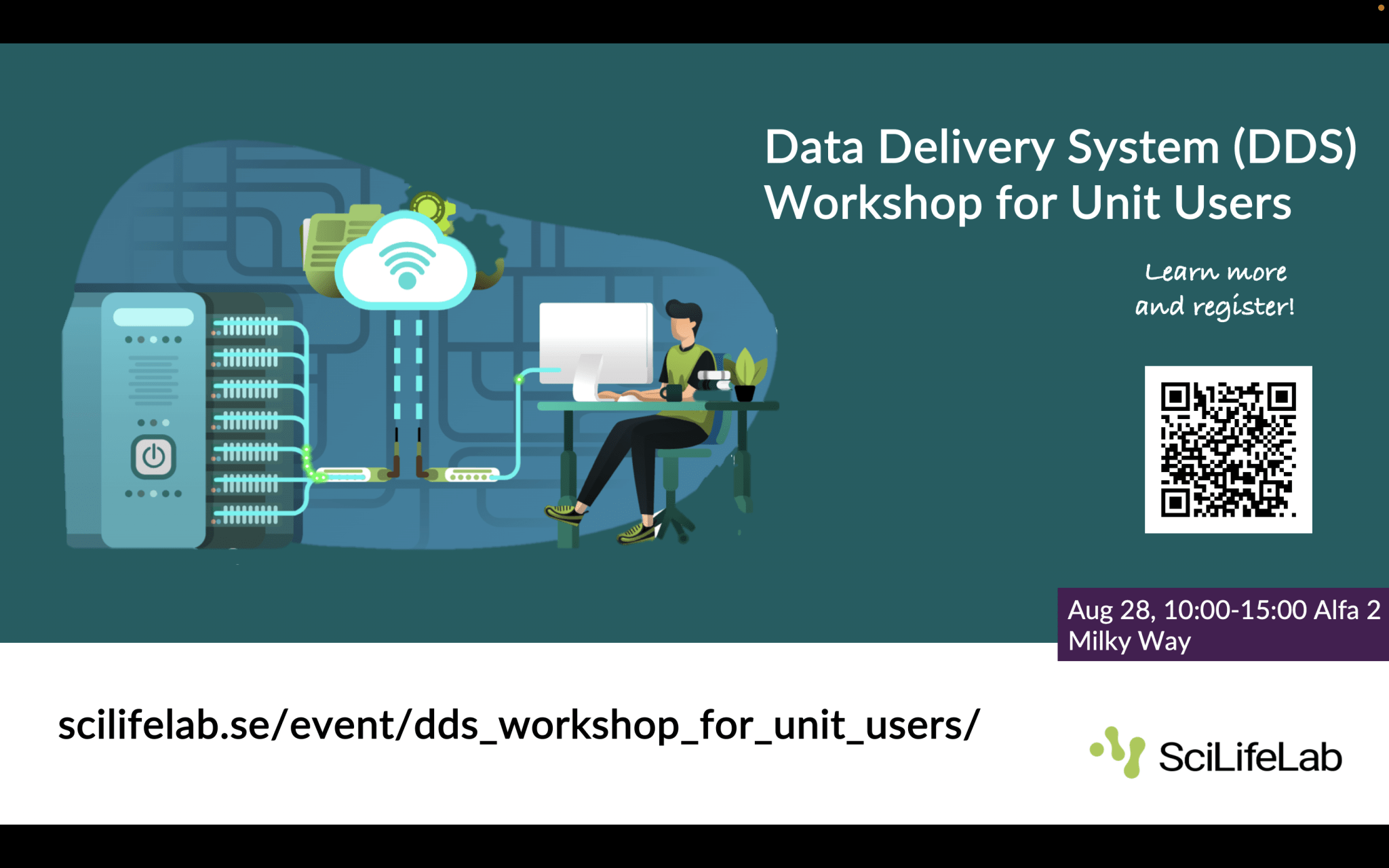Introduction to bioinformatics using NGS data
September 26 @ 08:00 – September 30 @ 17:00 CEST
This is a national workshop open to PhD students, post-docs, and other researchers affiliated to Swedish academia and healthcare. The workshop is organised by the National Bioinformatics Infrastructure Sweden (NBIS) and National Genomics Infrastructure (NGI).
This intense one-week workshop provides an introduction to the analysis of next generation sequencing data. Lectures on the theory of concepts will be paired with practical computational exercises in the Linux environment. The practical exercises will focus on data from the Illumina platform, but we will discuss other sequencing platforms and the advantages and challenges to using their data during the lectures.
NBIS training events do not provide any formal university credits. Attendees with full attendance and completion of tasks will be issued a certificate of participation indicating topics covered and duration of the workshop. For more detailed information about workshop syllabus, learning outcomes and entry requirements, please visit the workshop website.
Important dates
Workshop: 26-Sep-2022 – 30-Sep-2022
Application opens: 23-May-2022
Application closes: 19-Aug-2022
Confirmation to accepted students: 26-Aug-2022
Course fee
This on-site training event costs 2000 SEK invoiced to the participant’s organisation. If you accept a position and do not participate (no-show) you will still be invoiced 2000 SEK. Please note that NBIS cannot invoice individuals.
Contact
Malin Larsson, Martin Dahlö, Roy Francis

